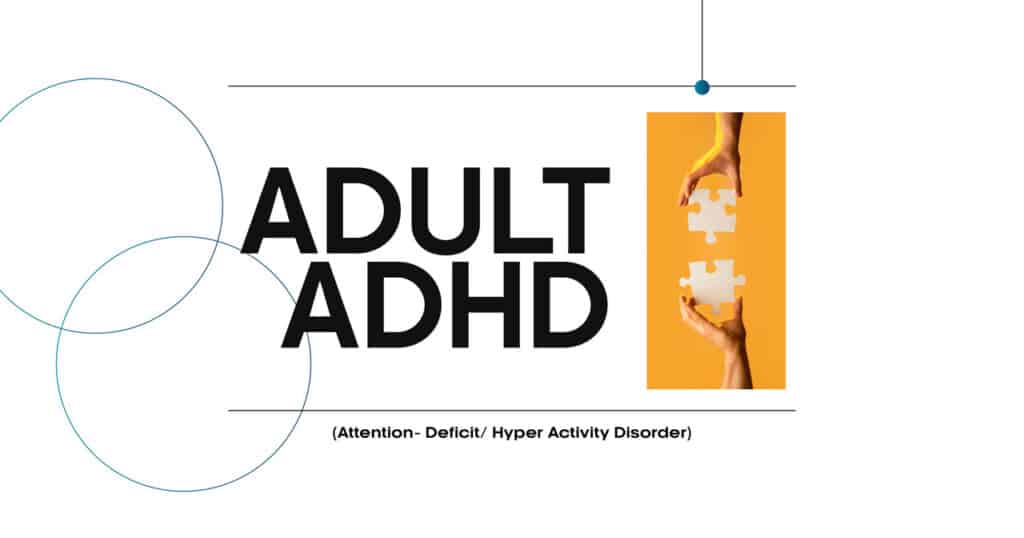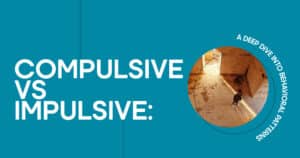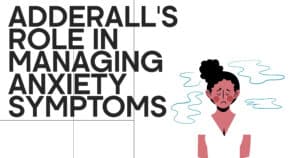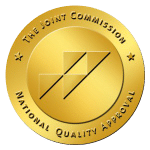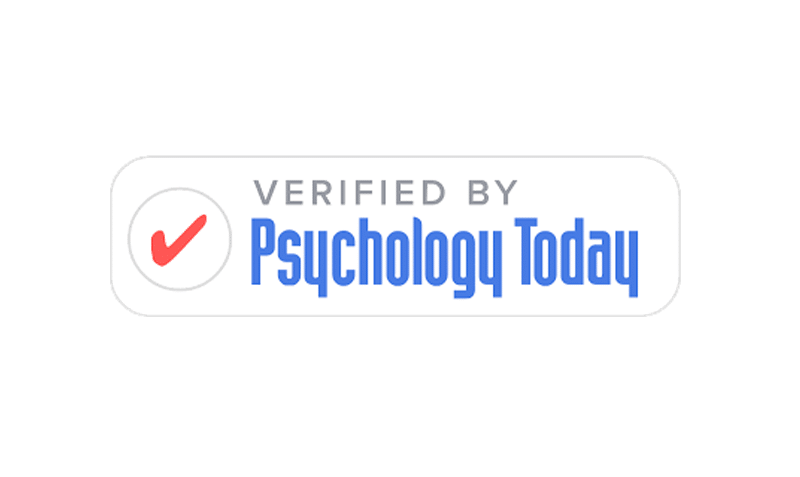Adult ADHD (Attention-Deficit/Hyperactivity Disorder) is a neurodevelopmental disorder that persists into adulthood, affecting various aspects of life, including career, relationships, and daily functioning. Although often associated with children, ADHD continues to significantly impact adults and can present unique challenges. This comprehensive guide provides insights into Adult ADHD, its symptoms, diagnosis, management strategies, and how to thrive despite the condition.
What is Adult ADHD?
Adult ADHD is characterized by persistent patterns of inattention, hyperactivity, and impulsivity. These symptoms can interfere with daily life and are often misunderstood, leading to misdiagnosis or delayed diagnosis. Understanding these symptoms is crucial for effective management.
Symptoms of Adult ADHD
Adult ADHD symptoms can vary in intensity and impact daily functioning:
- Inattention: Difficulty sustaining attention, frequent mistakes, difficulty organizing tasks, and forgetfulness.
- Hyperactivity: Restlessness, difficulty remaining seated, excessive talking, and feeling constantly on the go.
- Impulsivity: Interrupting others, difficulty waiting for turns, and making hasty decisions.
Diagnosis of Adult ADHD
Diagnosing ADHD in adults involves a comprehensive evaluation by a mental health professional. Accurate diagnosis is crucial for effective treatment and involves the following steps:
- Clinical Evaluation: Detailed interviews covering medical, psychiatric, and family history.
- Symptom Checklists: Standardized questionnaires assessing the frequency and severity of symptoms.
- Collateral Information: Input from family members, partners, or close friends to provide a broader perspective on the symptoms.
Living with Adult ADHD
Living with ADHD can be challenging, but with the right strategies and support, individuals can lead fulfilling lives. Here are some practical tips:
Organization and Time Management
- Use Planners and Calendars: Keeping track of tasks and deadlines helps manage time effectively.
- Break Tasks into Smaller Steps: Tackling one small task at a time makes larger projects more manageable.
- Set Reminders: Use alarms and notifications to remember important tasks and appointments.
Coping with Impulsivity
- Pause Before Acting: Taking a moment to think before reacting helps manage impulsive behaviors.
- Mindfulness and Relaxation Techniques: Practices like deep breathing, meditation, and yoga can reduce impulsivity.
Managing Hyperactivity
- Regular Exercise: Physical activity helps manage restlessness and improve focus.
- Scheduled Breaks: Taking regular breaks helps channel hyperactivity productively.
Treatment Options for Adult ADHD
Treatment for ADHD in adults typically involves a combination of medication, therapy, and lifestyle changes. Each individual may require a different approach based on their specific needs.
Medications
- Stimulants: Medications like Adderall and Ritalin are commonly prescribed to increase focus and reduce impulsivity.
- Non-Stimulants: Options like Strattera and Intuniv may be used for those who do not respond well to stimulants.
Therapy
- Cognitive Behavioral Therapy (CBT): Helps individuals develop coping strategies and change negative thought patterns.
- Psychoeducation: Educates individuals about ADHD and its impact, empowering them to manage their symptoms better.
Lifestyle Changes
- Healthy Diet: A balanced diet improves overall well-being and cognitive function.
- Regular Sleep Schedule: Consistent sleep patterns reduce ADHD symptoms.
Thriving with Adult ADHD
Despite the challenges, many adults with ADHD find ways to harness their unique strengths. Here are some strategies to thrive with ADHD:
Leveraging Strengths
- Creativity and Innovation: Many individuals with ADHD are highly creative and can think outside the box.
- High Energy Levels: Channeling energy into productive activities can lead to exceptional achievements.
Building a Support Network
- Join Support Groups: Connecting with others with ADHD provides emotional support and practical advice.
- Seek Professional Help: Working with therapists, coaches, and ADHD specialists offers tailored strategies for managing symptoms.
Practical Tips for Daily Life
- Simplify Your Environment: Reducing clutter and organizing your space decreases distractions.
- Develop Routines: Establishing consistent routines provides structure and reduces stress.
Common Myths and Misconceptions
Several myths about Adult ADHD can lead to misunderstanding and stigma. Here are some misconceptions and their realities:
Myth 1: ADHD is Just an Excuse for Laziness
- Fact: ADHD is a legitimate neurodevelopmental disorder that affects brain function. People with ADHD often work harder to accomplish tasks that others find simple.
Myth 2: Only Children Have ADHD
- Fact: While ADHD is often diagnosed in childhood, it can persist into adulthood. Many adults are not diagnosed until later in life.
Myth 3: Medication is the Only Treatment
- Fact: While medication can be effective, it is not the only treatment. Therapy, lifestyle changes, and coping strategies are also crucial for managing ADHD.
Conclusion
Living with Adult ADHD presents unique challenges, but with the right understanding, support, and strategies, individuals can lead successful and fulfilling lives. If you suspect you have ADHD or have been diagnosed, remember that you are not alone. There are resources and communities available to help you navigate this journey and thrive despite the condition.

